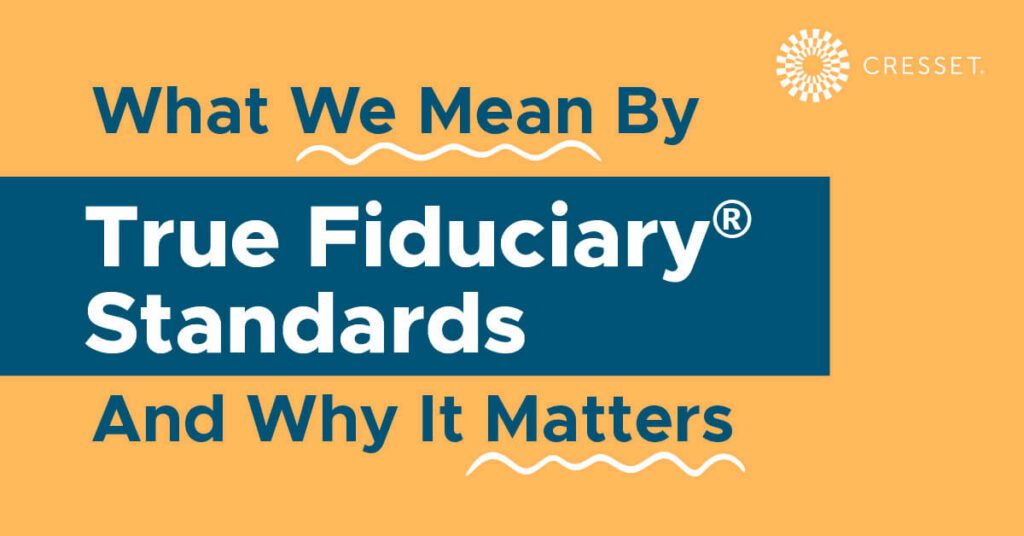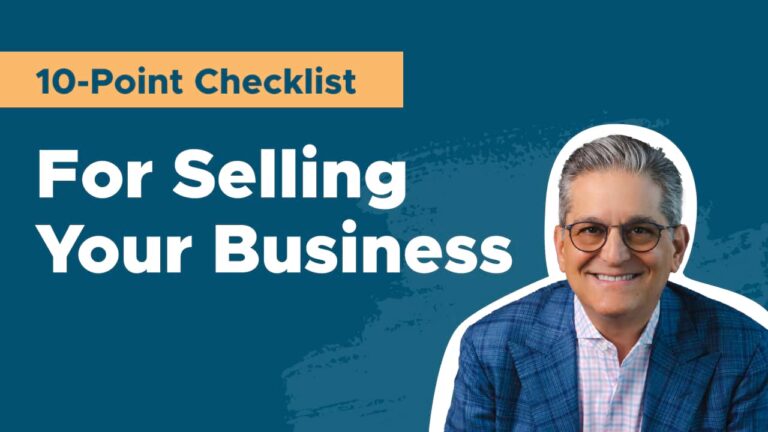
We all work with an array of professional experts throughout our lives, almost all of whom we expect to adhere to a certain basic ethical standard, one that allows arm’s length dealings and no hidden motives.
- We expect our doctors to faithfully follow the Hippocratic Oath.
- We expect our attorneys to advocate vigorously for our best interests.
- We expect our coaches to pull out all the stops (within the bounds of the rules) to win.
But what would you do if you found out that your doctor accepted kickbacks from a pharmaceutical company to prescribe drugs with harsh side effects or limited efficacy when a better solution might be available? What would you think if you found out that your attorney had hired his friend as an expert witness in your case, rather than someone generally presumed to be a true expert in the field? And what would you think if you found out that your team’s coach bet on games in which he participated, whether it was for your team or against it?
You would rightfully be horrified. And you would be smart to run the other way.
But many people – even well-educated, high-earning, otherwise successful members of the professional class – don’t hold their wealth managers to the same basic standards. They assume that they are the experts and that their model for fees, purchases, and advice is there for a reason, with the best interest of you, the client, at heart.
At times, nothing could be further from the truth.
Think about it this way: if your financial advisor can’t explain how he or she has made your life easier in simple layman’s language, without conflicts of interest, how can you be sure he or she is acting across the board in your best interest? While the appearance of impropriety doesn’t necessarily mean that anything improper is happening, where there is smoke there is often fire. By removing potential for doubt or concern, you can simplify your life and stand to reap the rewards that you’ve worked diligently for all of your life.
We’ve all heard the horror stories about people who’ve lost everything due to faulty financial advice. But lost in that dialogue is the tale of the many ways that hard-working Americans are “nickeled and dimed” by their financial advisors. Hidden fees, undisclosed commissions, and obligations to outside firms that seem small on the front end, but that eventually can take a huge chunk out of your portfolio. That can have a substantial impact on major life decisions, like when and where you retire, and your ability to take care of your children and grandchildren.
While the details of each investment mechanism and life-planning strategy may not be abundantly clear to you, your advisor should be able to explain in simple terms what they aim to achieve. Just as importantly, he or she should be transparent regarding the costs passed through to you, the structural mechanisms employed to protect your assets, and the ways in which he or she takes a holistic approach to your life that simplifies your obligations and helps minimize your worries.
For years, some financial advisors have argued that the application of the fiduciary standard would deprive them of the ability to make a living. Some have even asserted that such obligations would be harmful to clients. We’ve been in this business for decades, successfully serving high-net-worth individuals and families, and have found that those claims don’t survive any meaningful scrutiny.
Often when we speak to prospective clients, they believe their brokers are fiduciaries. However, that is typically not the case, because at the big banks and brokerages, being a fiduciary would likely cannibalize their revenues.
Although big banks and brokerages often claim to have “fiduciary services“ or state that they act “like” a fiduciary, it is a matter of semantics. In reality, they often are not fiduciaries and do not serve their clients as such. To avoid being duped, an investor should directly ask the question, “Will you serve me and my family as a fiduciary? Are you bound by the fiduciary standard?” If the answer is anything other than “Yes,” that should give you pause.
We strongly believe that there is no “gray area” when it comes to being a fiduciary. These are black-and-white issues, where clear best practices should be obvious and universal. That is why Cresset is committed to our True Fiduciary® Standards[1], which are 10 standards we hold to in order to ensure your best interests always come first. They are:
- Embrace the Legal Fiduciary Obligation to Place Clients’ Interests First
- Deliver Comprehensive Financial Planning
- Provide Fee-Only Advice
- Do Not Accept Commissions
- Be Transparent on Client Costs, Fees, and Terms
- Provide Transparency on Portfolios and Investments
- Remain Independent from any Bank, Broker Dealer, Insurance Broker, or Custodian
- Measure Client Performance Returns Using Independent Third Parties
- Do Not Create Products to Sell or Price Any Public Securities
- Do Not Physically Hold or Possess Any Client Assets, Securities, or Money
At Cresset, our sole focus is on your best interests. Our True Fiduciary® Standards exist to help ensure you receive transparent advice focused on asset protection, growth, and helping you achieve the legacy you desire.
[1] True Fiduciary®: Please note that the Advisor has affiliations, through common ownership and/or control, with other registered investment advisors, registered financial service institutions, and pooled investment vehicles. The Advisor may recommend its affiliates’ products and services to clients. The True Fiduciary® Standards have been adopted by the Advisor and not its affiliated entities. In no event is a client obligated to use affiliates’ services or purchase products.
About Cresset
Cresset is an independent, award-winning multi-family office and private investment firm with more than $70 billion in assets under management (as of 7/1/25). Cresset serves the unique needs of entrepreneurs, CEO founders, wealth creators, executives, and partners, as well as high-net-worth and multi-generational families. Our goal is to deliver a new paradigm for wealth management, giving you time to pursue what matters to you most.
https://cressetcapital.com/disclosures/
